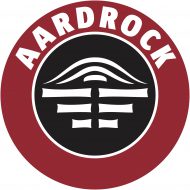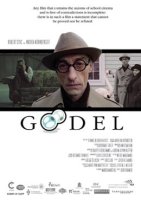[http://www.groovyactors.org/  ]
]
Refreshed my link with Gerald “[http://en.wikipedia.org/wiki/Tensegrity tensegrity]” de Jong, triggered by a blog entry from TED titled [http://feeds.feedburner.com/~r/TEDBlog/~3/152990430/theo_jansen.php Creatures on the beach] from the Dutch sculptor Theo Jansen which instantly reminded me of Gerald’s [http://sourceforge.net/projects/fluidiom/ Fluidiom] and [http://www.darwinathome.org Darwin at Home] projects.
Gerald’s email signature also mentioned [http://www.groovyactors.org/ Groovy Actors]:
:In a nutshell it’s a natural next step, building further on object-oriented programming (OOP), where objects become active talkative peers.
:Imagine running thousands of concurrent programs on one computer where each program instance represents something or someone in the real world. Some things are passive and only react to events but lots of real world things also take initiative.
:That’s why parts of this kind of system can better be represented in software by “autonomous agents” or “actors” which frequently interact with each other.
And built using the Groovy language.
Just wondering why ”’Groovy Actors are limited to a single computer”’ rather than ”’autonomous peers distributed across thousands of computers”’. Love to have concepts from [[Erlang]] and [http://javaspace.org JavaSpaces] built in.
Love to see the Groovy Actors’ [http://www.groovyactors.org/examples/02.html Hello Storage] example implement the story of [http://wiki.aardrock.com/Wizard_Rabbit_Treasurer The Wizard, The Rabbit, and The Treasurer].

 ]
] ]
] ]
]